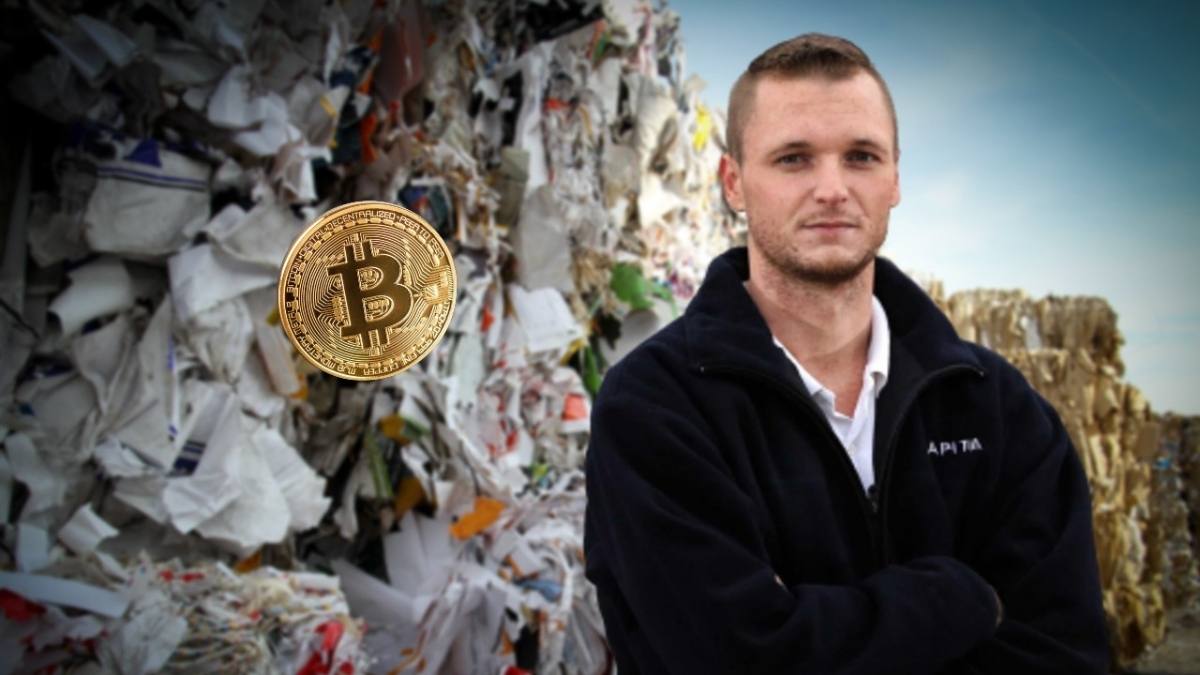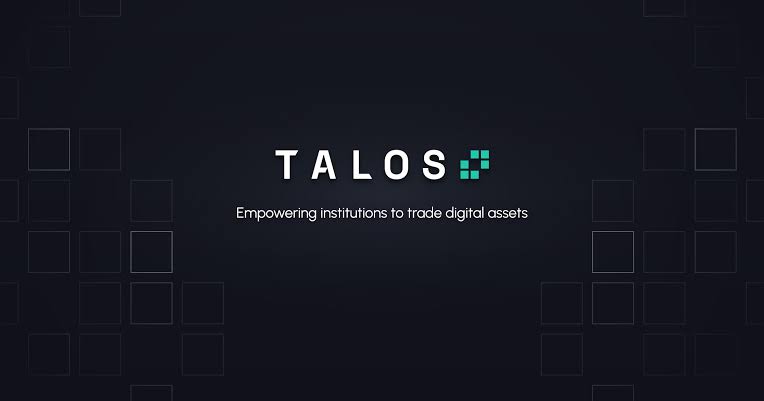A British Engineer, James Howells, sues Newport City Council for $647 million in damages over accidentally discarding a hard drive containing 8,000 Bitcoin.
After inadvertently discarding a hard drive containing 8,000 Bitcoin, James Howells, an IT engineer from Newport, is suing Newport City Council in the United Kingdom for damages for 495 million British pounds (approximately $647 million).
WalesOnline reports that Howells has tried to retrieve the drive from the local landfill. However, the council has consistently denied his requests to excavate the site.
In 2013, he inadvertently disposed of the hard drive containing Bitcoin during a household cleanout. The hard drive is now valued at nearly half a billion pounds.
A war of attrition
For over a decade, Howells has endeavored to retrieve the lost hard drive after inadvertently placing it in a bin liner that ended up in a recycling center.
His estimated value of 8,000 BTC was approximately 1 million pounds (roughly $1.3 million) in 2013.
Howells has assembled a team of legal experts to submit the court claim, which is scheduled for hearing in December.
Council’s refusal to excavate
Newport City Council has consistently opposed the excavation request, citing environmental concerns, despite Howells’ offer to provide the council with 10% of the recovered BTC value if the hard drive is located.
The environmental permit of the landfill in question has been flagged for violations, such as elevated methane levels, arsenic, and asbestos.
The council contends that the site excavation could harm the surrounding area and that rigorous monitoring protocols conduct its operations.
Robots, garbage, and Bitcoin—oh my!
Howells reportedly proposed a $11 million concept in 2022 to locate and retrieve the lost hard drive, potentially ensconced in 110,000 tonnes of garbage.
The council would incur no cost as a result of the active plan. However, Newport City Council refuses, questioning Howells’ assertions’ legality and practicality.
To ensure the security of BTC, it is crucial to store hardware wallets in a secure location, maintain private keys offline, and back up recovery phrases in multiple safe locations.



